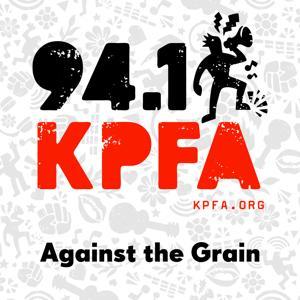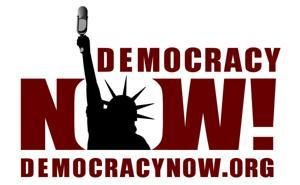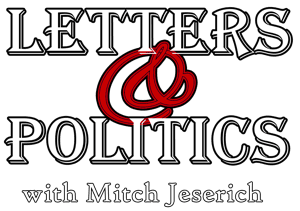
Sign up to save your podcasts
Or



By KPFA





4.9
2323 ratings



The podcast currently has 1,164 episodes available.










The podcast currently has 1,164 episodes available.

38,535 Listeners

5,802 Listeners

2,433 Listeners

1,992 Listeners

519 Listeners

65 Listeners

57 Listeners

203 Listeners

53 Listeners

50 Listeners

48 Listeners

52 Listeners

270 Listeners

21 Listeners

6 Listeners

155 Listeners

6,112 Listeners

3,339 Listeners

15,670 Listeners

221 Listeners

32 Listeners

351 Listeners